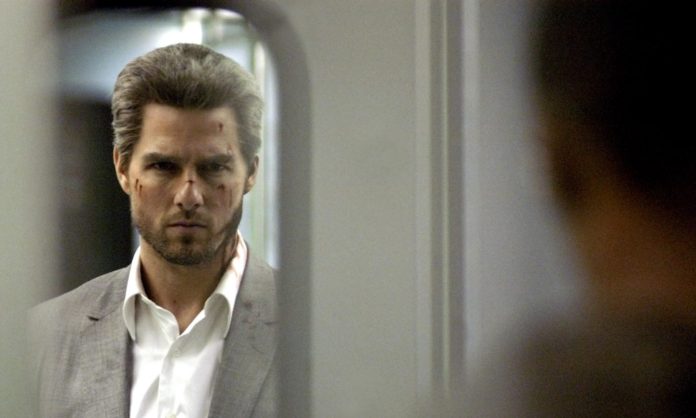In a post on CrimeReads, Jon Bassoff defends the unsympathetic protagonist. For Bassoff, the infatuation began with Camus’ The Stranger. “Not because of the heavy themes of existentialism or absurdism, but because about halfway through the novel, the protagonist, Meursault, turns into a cold-blooded murderer,” Bassoff says. “Right then and there, I learned something crucial about myself: I like my narrators a little crazy.” After reading The Killer Inside Me by Jim Thompson, Bassoff decided he really liked reading about – and wanted to write through the POV of – psychopaths.
“Over the years, friends and family—as well as my therapist and parole officer—have asked why I insist on creating these unsympathetic protagonists,” Bassoff says. “The simple answer is that, for me, unsympathetic protagonists tend to be more interesting and dynamic than those heroic everymen.” Unsympathetic characters are fine grist for crime fiction, from James M. Cain and Patricia Highsmith to Flannery O’Connor to modern writers like Jake Hinkson and Patrick McCabe.
Reading about heroes is comforting, but Bassoff says leaving our comfort zone forces us to grow, as people and writers. “Shouldn’t we enjoy the challenge of discovering how this wounded (or psychotic) character became who he or she is, how the darkness overwhelmed the light?” he asks. In fact, we probably relate to them, more than we care to admit. “We’ve experienced overwhelming anger. We’ve experienced loneliness,” Bassoff writes. “True, we’d like think of ourselves as Atticus Finch or Jo March, but often we fall short, often we feel the pull of malevolence, of sin.”












